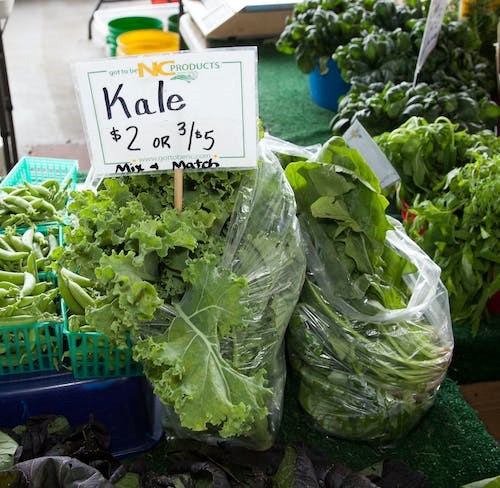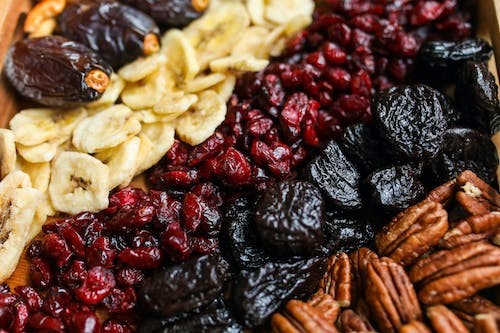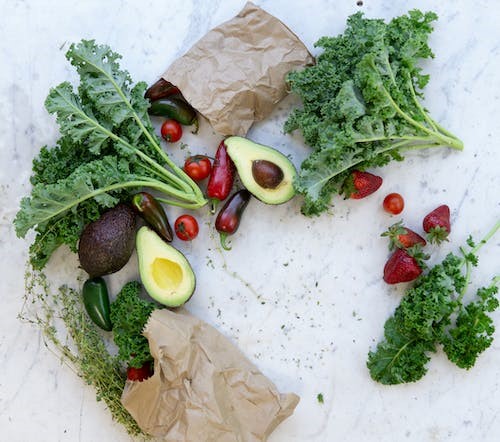Having diabetes can make it pretty hard to control your blood sugar levels. Different foods have a different effects on your blood sugar levels. Some foods will cause a spike in your blood sugar levels, while some will lower your blood sugar levels. Most people living with diabetes go through trial and error to know which foods work for them and which do not.
Luckily, you do not have to do the trial and error method to know what works for you. There have been numerous scientific findings to help you determine which food works best for you. Here is a look at the best foods you should add to your diet to help you manage your blood sugar levels.
Consider creating a meal plan to get the best out of the list below. Preparing and planning your meals reduces the chances of snacking and adopting unhealthy eating habits. Meal planning will also help you save time and a lot of energy though out the week.
Non-Starchy Veggies
Non-starchy veggies are the healthiest foods you can add to your diabetic meal plan. These foods will fill you up and help you get the essential minerals and vitamins that will help regulate your blood sugar levels.
They are also whole foods and a great source of high fibre levels and low amounts of sugar. You can eat as many non-starchy veggies as you would like without worrying about spikes in your blood sugar. The best non-starchy veggies go for the fresh, canned or frozen ones that do not have added sauce or salt.
Some examples of non-starchy veggies include:
- Broccoli
- Asparagus
- Artichokes
- Cabbage
- Celery
- Green beans
- Cucumbers
Leafy Greens

Leafy greens are loaded with nutrients and are also lower in digestible carbs. This means that they will not raise your blood sugar levels no matter how much you eat. Some great examples to add to your diet include kale and spinach, which are also high in Vitamin C.
Vitamin C is excellent for people with diabetes since it helps people living with diabetes improve their overall sense of well-being. They also contain antioxidants that help protect the eyes from any diabetic complications.
Eggs and Nuts

Eggs and nuts are fatty foods that help control diabetes and go a long way in helping with blood sugar management. Nuts also have a high fibre level, ensuring that they will not raise your blood sugar levels.
However, it is essential to differentiate the different types of nuts and choose the ones with a high level of digestible carbs. The best nuts for diabetic patients include cashews, almonds, hazelnuts, walnuts, pecans, macadamia, and brazil nuts.
If you want to lose weight, ensure you eat nuts in moderation since they are high in healthy fats. On the other hand, eggs are a great source of health fats that help control blood sugar levels.
They help increase insulin sensitivity while decreasing inflammations. If you decide to add eggs to your diet, ensure you include the yolk as well since it is the most nutritious of the eggs.
Fatty Fish
Fatty fish is among the healthiest food you can add to your diet, with many benefits. It includes anchovies and salmon, which give you a huger serving of omega-3 fatty acids such as EPA and DHA, which helps protect you from certain complications that come with diabetes.
If you are living with diabetes, you are at risk of a stroke or heart disease and adding fatty fish to your diet can help reduce such severe complications. Fatting fish is also a great source of protein, and it helps you feel full for longer, helping you manage your weight quickly.
Dairy Products Packed with Probiotics
If you love adding dairy to your diet, ensure that it is packed with healthy probiotics, which greatly benefit your health. Research has shown that Greek yoghurt helps improve blood glucose control and reduces the risk of heart disease.
If choosing to add Greek yoghurt to your diet, opt for the unflavored option since the flavoured versions have added sugar or are processed, resulting in a spike in blood sugar levels.
H2: Closing
You can add a wide variety of foods to your diet to help reverse diabetes or lessen the complications that come with high blood sugar levels. However, it is essential to do extensive research to ensure you choose the right foods. Before starting any diet, it is also vital to take it to your doctor.
References and Resources
https://www.byramhealthcare.com/blogs/the-10-best-foods-to-control-diabetes-and-lower-blood-sugar




